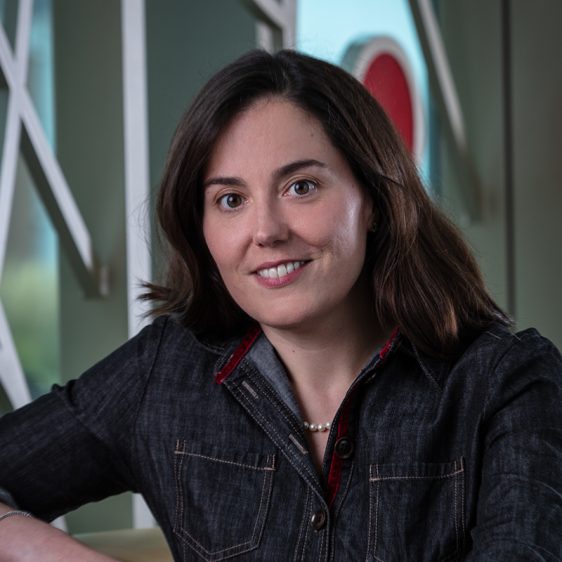Associate Professor & Chipstone Foundation Design and Material Culture Chair, Department of Design Studies, School of Human Ecology and Executive Director | Nancy M. Bruce Center for Design and Material Culture
Hometown: Boston, MA
Sarah Anne Carter, Ph.D. is an Associate Professor and the Chipstone Foundation Design and Material Culture Chair in Design Studies, and the Executive Director of the Nancy M. Bruce Center for Design and Material Culture in the School of Human Ecology at the University of Wisconsin-Madison. At UW she teaches courses on historic interiors, the material culture of childhood, and material culture theory and methods. She is author of Object Lessons: How Nineteenth-Century Americans Learned to Make Sense of the Material World (Oxford, 2018), co-author of Tangible Things: Making History Through Objects (Oxford, 2015), co-editor (with Ivan Gaskell) of the 32-essay collection, The Oxford Handbook of History and Material Culture (2020).
Talks:
Material Culture in the Age of AI
The study of objects—in museums and classrooms—encourages the development of important critical thinking skills. This talk explores the power of material culture pedagogy to enhance the ways we understand ourselves and our place in the world.
Children in the Museum
Where and how do we find children as historical actors in museum collections? The material culture of childhood can help us understand children’s lives, actions, voices, ideas, and rights—past, present, and future. With a special focus on the Helen Louise Allen Textile Collection, this talk opens a window onto the everyday experiences of historic children.
Welcome to the Practice Cottage: Unearthing the History of Home Economics
In 1911, The Home Economics Program at UW-Madison opened its first “Practice Cottage” or “House Laboratory” designed to offer students the experience of applying their academic lessons to the care of a home and each other. This domestic lab offered new ways of thinking about everyday life and its relationship to research and the university—transforming ideas about both home and academia in the process.
